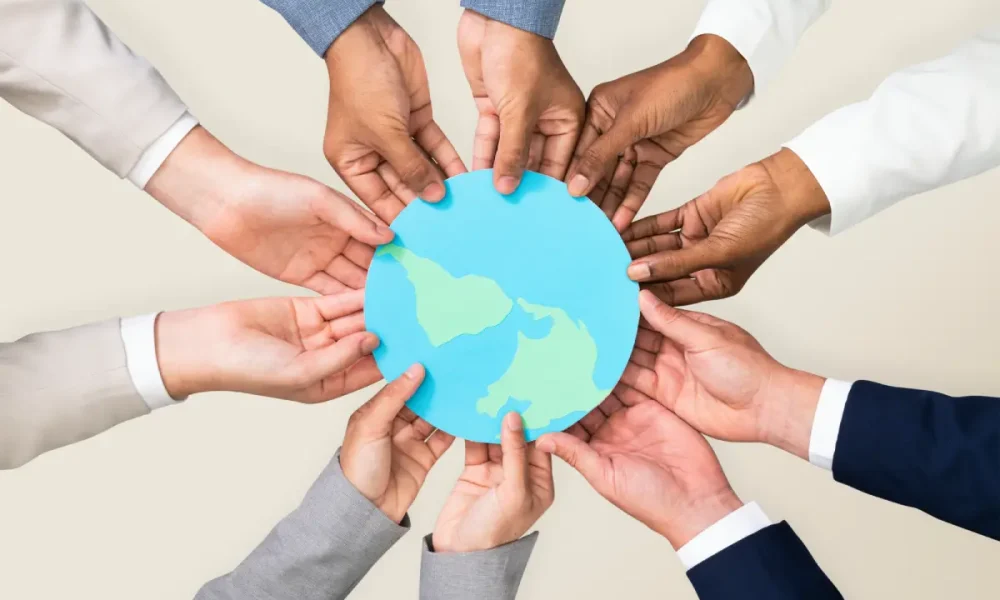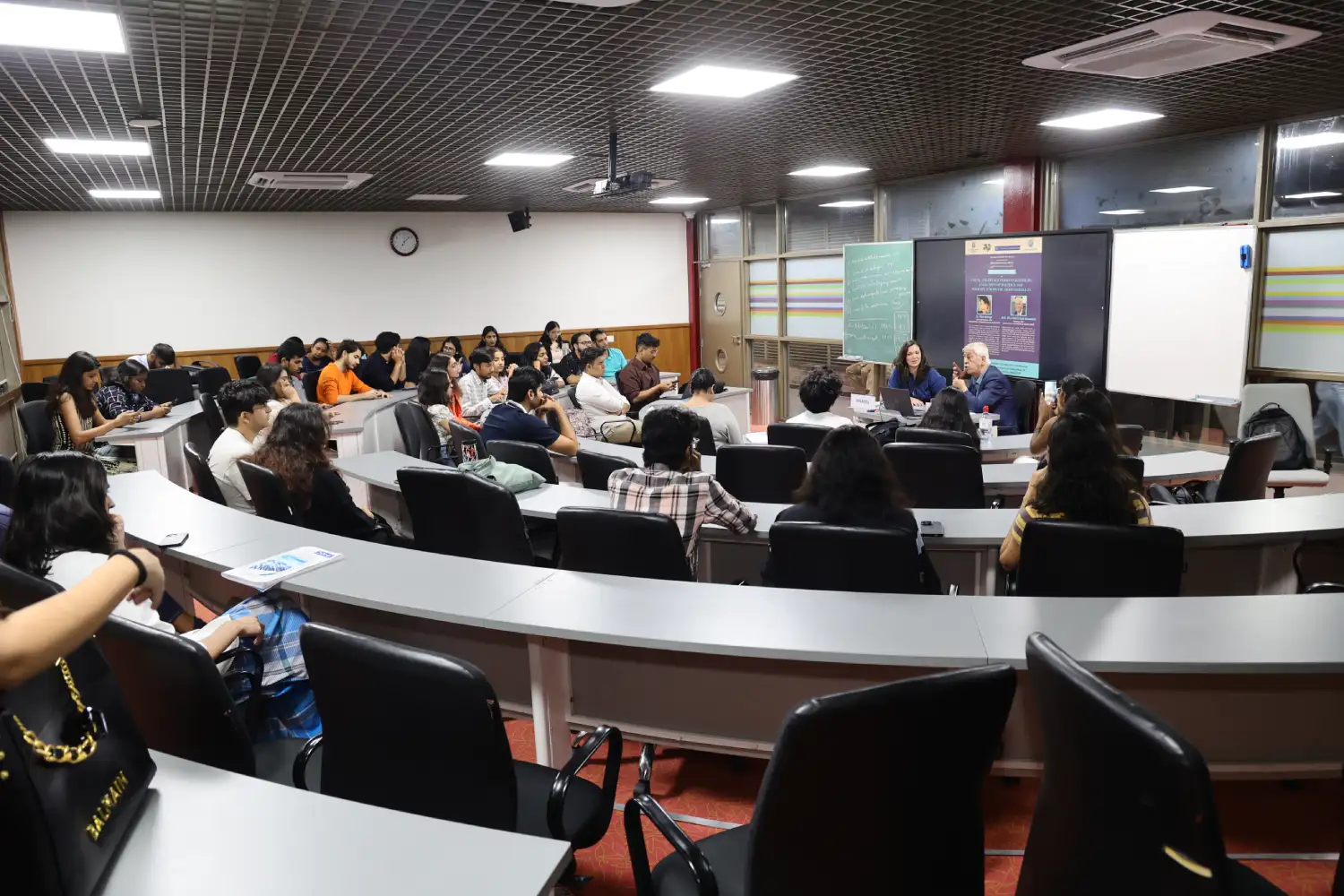The field of international relations branched out from Political Science, which largely focuses on world politics. With an emphasis on harmonious diplomatic relations, dialogue and trade, international relations shed light on the working of the international system, its causes and consequences. An international relations course outlines the current political, economic, social and cultural affairs of the world through historical context.
International Relations- An Overview
International relations is a broader subject that aims to understand international systems and the interactions between actors involved with the system. An international system here refers to an interaction between the international actors such nation-states, international organisations and even individual subjects.
The first full-fledged international system was founded around 3500 BC between Sumerian city-states. The establishment of the contemporary international system began only after World War 2 and the start of the Cold War era, including the process of decolonisation.
Definition of International Relations in a Modern Context
The evolution of International Relations has provided a broader context to the discipline, outlining its foundation and relevance in the modern world. It studies the interactions of non-governmental organisations and nation-states on a global scale, through the lens of politics, economics, environment, and security.
The international relations courses in India present an interdisciplinary blend of fields like economics, history and political science. However, this global political, historical and economic perspective is developed for examining challenging subjects such as human rights, environment, global ethics, global poverty, global economy, security, etc.
Is International Relations Relevant?
The study and practice of international relations is extremely complex, and only individuals with a vested interest in changing the system for the better, politically, socially and economically, have the potential to make a difference. The importance of international relations lies in the peacekeeping strategies between heavily armed states, and offering a cooperative route for international actors to cross paths to exchange resources and cultural ties.
Apart from keeping wars at bay and managing peace treaties on a global level, international relations have other implications for state and non-state actors. As part of addressing global challenges, international relations concerns itself with human rights, resource allocation, global security, democratic development, trade, tourism, technological innovations, and financial interdependence, among other issues.

International Relations in Technological Times
Technological advancements have always been part of national and global interests. As with an advancement of technological innovation, the subject of international relations also requires an understanding of such developments. The international relations courses in India mostly follow a module that studies the impacts of technology into the study of International Relations & Global Affairs.
Technology has played a significant role in global affairs, whether it is the development of nuclear weapons or the Information & Communication Technologies (ICTs) of the late 20th and early 21st century. Since the First Industrial revolution to the upcoming Fifth Industrial revolution, technology has evolved, integrating itself into the majority of the fields, including International Relations, often treated as a silent factor, but its implications speak volumes.
What Does the International Relations Course aim to Teach?
An academic international relations course features an interdisciplinary model that systematically converges the study of subjects like political science, economics, history & law for developing a critical insight into the past and present interactions between governmental and non-state actors. The course explores various issues of human development and civilisation, through an in-depth look at matters like diplomacy, international law, globalisation, conflict resolution and foreign policy.
The theoretical framework of International Relations encompasses major theories like Realism, Liberalism, Constructivism, Functionalism, Postmodernism, Post-Colonialism, etc. There are other approaches to consider when studying International Relations and utilise them to resolve global issues like climate change, cybersecurity, migration, terrorism, pandemics and more.
Today, the key actors involved in International Relations include non-state actors such as the United Nations, the World Health Organisation, NATO and other. The primary goal of these organisations is to bring nation-states to the table for dialogue and solving problems spanning beyond borders.
International Relations Courses: Admission 2025, Fees …
An international relations course prepares students to make a positive impact in the world using their knowledge and skills. The skills include communication, critical thinking, negotiation, teamwork, cultural awareness, networking, ethical decision-making, and analytical expertise for tackling issues revolving around global affairs.
Jindal School of International Affairs has a two-year master’s programme in Diplomacy, Law and Business for graduates of any discipline. The programme offers an interdisciplinary curriculum that is based on practical training, gaining global expertise, socialising, and networking.
Jindal School Of International Affairs: The Best Place For Learning
Jindal School of International Affairs offers one of the best international relations courses in India. We offer expert-led knowledge and training in geopolitics, foreign policy, and multilateral democracy. The cohesive blend of international relations, security, and strategy focuses on the power dynamics of various global regions.
The global expertise and practical training approach by JSIA includes inviting guest lecturers, fostering a habit of critical thinking and debates, organising workshops, facilitating an international exchange programme with prestigious colleges, and arranging for internships. Students are encouraged to utilise these opportunities to build a network for their future.
As a master’s degree holder from JSIA opens door to many opportunities, including the position of a Policy Analyst, Diplomat, International Lawyer, Foreign Service Officer, Professor, Think Tank Researcher, and so much more.





